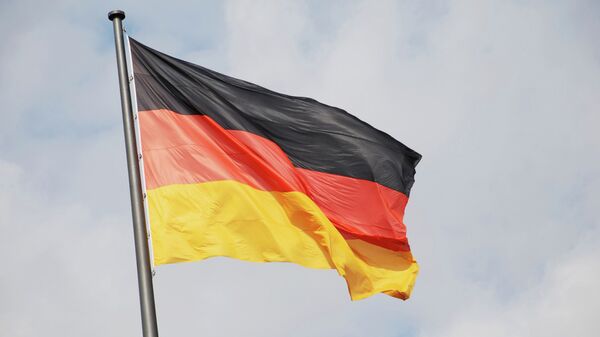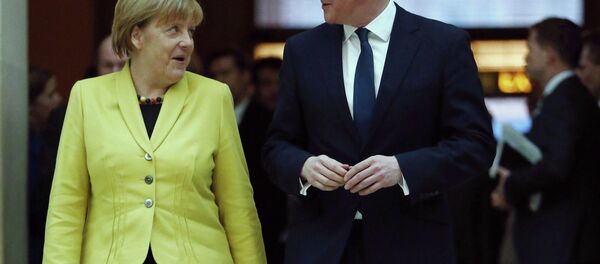A number of international crises are leading to a rise in European immigration. Large groups of people are fleeing the violence spreading through Iraq and Syria as the self-proclaimed Islamic State terrorist group continues its march. At the same time, the power vacuum left behind after the ousting of Muammar Gaddafi has led to an influx of African migrants attempting dangerous crossings of the Mediterranean from the coast of Libya.
Migrant quotas across the European Union have left many nations concerned about having to host a rising number of immigrants. On Monday, French and German interior ministers urged the European Commission to reconsider its plans.
"At the moment, 75% of those who applied for asylum are planned to be redistributed among five European countries – France, Germany, Sweden, Italy, and Hungary," a statement from Ministers Bernard Cazeneuve and Thomas de Maiziere read, stressing that those figures need to be rebalanced.
But participating in a citizen dialogue called "Living well in Germany," Chancellor Merkel sought to allay those concerns, encouraging a national culture that was welcoming of refugees.
"There is something enriching if someone wants to come to us," Merkel said.
She also stressed the need to provide jobs for skilled workers, saying that qualified individuals would not need to apply for asylum and that it is important to make people feel at home in Germany and know they can find employment, according to Deutsche Welle.
The chancellor hopes that migrant populations can help fill critical workforce gaps in areas such as health and IT, skill sets lacking in the existing German labor market.
In 2014, Germany took in nearly 800,000 migrants, and that number is expected to grow this year.




